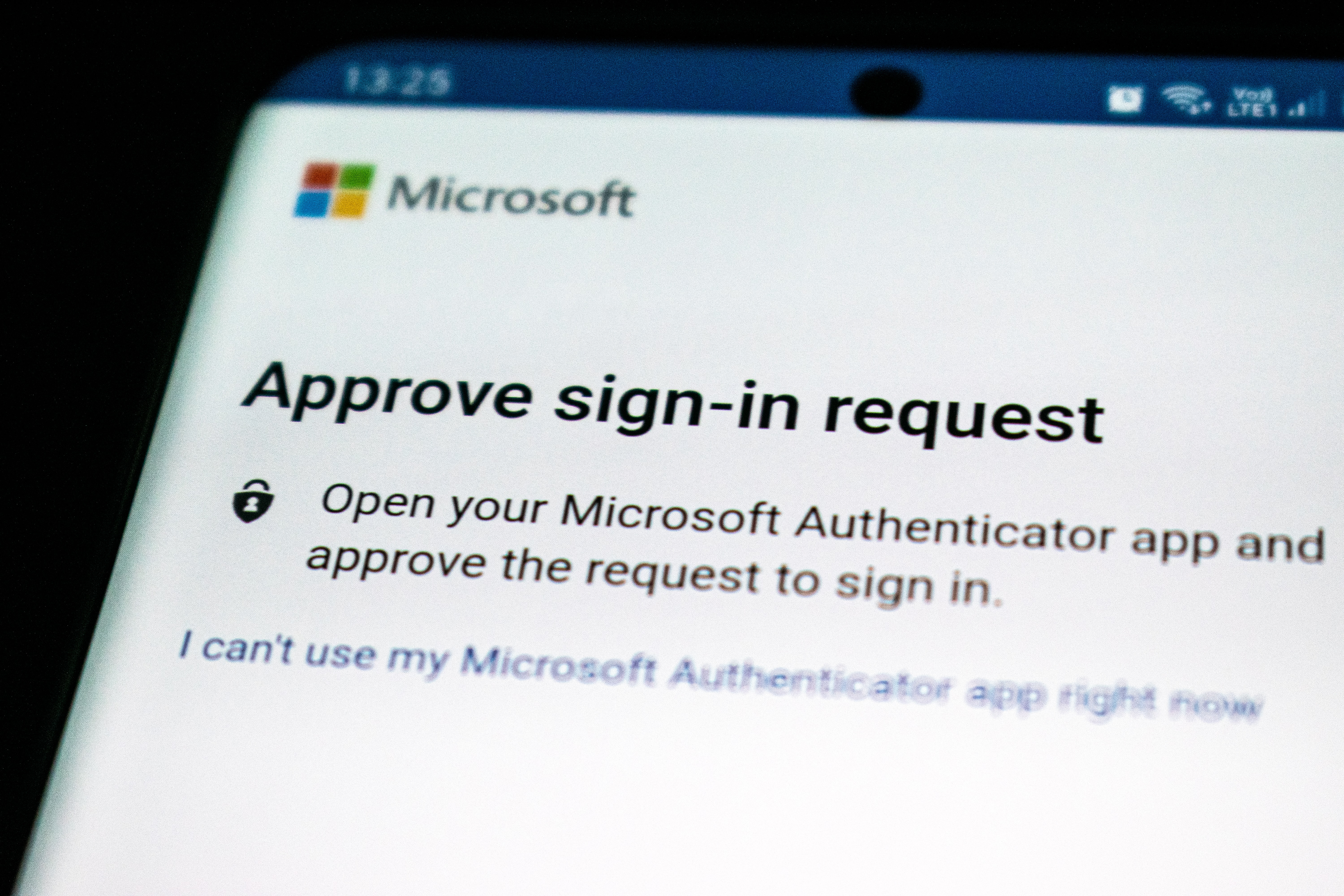
The future is now. Our lives are increasingly intertwined with technology. Because our information is so sensitive to us, the importance of data backups cannot be overstated. From cherished family photos and personal documents to critical business files, we rely on our digital data for countless aspects of our daily lives. Thankfully, in this age of technological advancements, we have two fantastic options at our disposal – cloud and local backups – to ensure the safety and security of our precious information. So let’s dive into why data backups are so crucial in today’s digital landscape and explore the benefits they bring with a smile on our faces!
Cloud backups: The benefits and advantages
One major advantage of cloud backups is their flexibility and scalability. Unlike traditional backup methods, cloud backups allow users to easily adjust their storage requirements as per their changing needs. Whether you need to back up a few gigabytes or terabytes of data, the cloud can accommodate it all without any hassle.
Additionally, another significant benefit of cloud backups is enhanced security. Data breaches and hacking incidents have become rampant in recent times, making it imperative to protect our valuable information. Cloud service providers invest heavily in robust security measures such as encryption, access controls, and regular audits to ensure optimum protection for your data.
Local backups: The benefits and advantages
One of the most significant advantages of local backups is the convenience and accessibility they offer. When you have a backup stored on a hard drive or external storage device, you can easily access your data whenever needed, without having to rely on an internet connection. This comes in handy in situations where you might not have internet access or face slow connection speeds. Additionally, local backups provide the benefit of being available instantly, allowing for quick restoration of files and minimizing downtime.
Another advantage of local backups is the increased level of control and security they provide. By storing your data locally, you have complete ownership and control over its privacy and security measures. Unlike cloud-based backups where sensitive information may be vulnerable to cyber threats, keeping your backups on a physical storage device gives you confidence that your data is safe from online breaches. It also eliminates any concern about third-party access to your information since it remains within your reach at all times.
The power of redundancy: Combining cloud and local backups to prevent data loss

There’s an old saying: Don’t put all your eggs in one basket. The same holds true for data backups. While local backups are important for quick access and immediate restoration, they can be vulnerable to physical damage or theft. On the other hand, cloud backups provide a secure and remote storage option but may not offer the same speed and flexibility as a local backup. By combining both approaches, organizations can benefit from the best of both worlds: the convenience of local backups and the added security of cloud storage. (Note: Your cloud backups are also vulnerable to being stolen if you don’t practice good internet hygiene!)
From accidental file deletions to catastrophic hardware failures, data loss can happen in various ways. With a redundancy strategy that encompasses both local and cloud backups, organizations can minimize their risks significantly. Local backups ensure quick recovery times during small-scale incidents while allowing individuals to have full control over their data. Meanwhile, cloud backups serve as an insurance policy against worst-case scenarios where entire systems fail or are destroyed.
Combining these two backup methods provides an additional layer of protection against malware attacks such as ransomware. As cyber threats become increasingly sophisticated, having redundant copies stored in separate locations is critical in ensuring business continuity. Embracing redundancy signifies not only a commitment to safeguarding vital information but also showcases preparedness in a world where digital assets are under constant threat.
Conclusion: The necessity of both cloud and local backups
In conclusion, it is clear that both cloud and local backups have their own unique advantages and play a crucial role in ensuring data security and recovery. While cloud backups offer convenience, scalability, and remote accessibility, local backups provide quick access to data and protection against internet outages or service disruptions. The ideal solution lies in a combination of both approaches. By regularly backing up data to both the cloud and a local storage device, individuals and businesses can benefit from the best of both worlds – ensuring data availability even in the face of unforeseen circumstances. It is essential for individuals and organizations to adopt a comprehensive backup strategy that incorporates both cloud and local backups to protect valuable information effectively.





